
Sorry, marketing cookies are required to view this form.
Rare As One Network Grantees
As part of the CZI Rare As One Network, patient-led organizations are developing and launching collaborative research networks in partnership with clinicians and scientists. The program provides funding, tools, and capacity-building support and training.

Showing 81 results

Nemaline myopathy (NM)
A Foundation Building Strength
A Foundation Building Strength is a nonprofit organization dedicated to finding treatments for Nemaline Myopathy (NM).

ADRENOLEUKODYSTROPHY
ALD Connect
ALD Connect's mission is to improve health outcomes for patients with adrenoleukodystrophy (ALD) by empowering patients, raising awareness, and accelerating the translation of scientific advances into better clinical care.

ALSTRÖM SYNDROME
Alström Syndrome International
The mission of Alström Syndrome International is to provide support, information, and coordination world-wide to families and professionals in order to treat and cure Alström Syndrome.

Cerebral cavernous angioma
Angioma Alliance
Angioma Alliance works for those affected by cavernous angiomas by informing, supporting and empowering patients, and driving research for a cure.
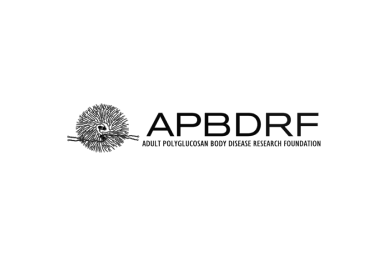
Adult Polyglucosan Body Disease
APBD Research Foundation
APBD Research Foundation is dedicated to increasing public awareness and understanding of Adult Polyglucosan Body Disease and supporting research studies that may lead to new treatment options and a cure.

SCN2A-RELATED DISORDERS
APS SCN2A Germany e.v.
(in partnership with SCN2A ITALIA Famiglie in Rete APS)APS SCN2A Germany e.v. acts as a key resource for German families navigating SCN2A diagnoses, promoting research and awareness, as well as providing parents with the latest scientific findings so children can receive the best possible care.

Cerebral Creatine Deficiency Syndromes
Association for Creatine Deficiencies
ACD provides patient, family and public education to advocate for early diagnosis and find medical research for treatments and cures for cerebral creatine deficiency syndromes.

BARDET BIEDL SYNDROME
Bardet Biedl Syndrome Foundation
The mission of the BBS Foundation is to improve the lives of families affected by Bardet Biedl Syndrome through information, support, and by advancing research and therapy.

BARTH SYNDROME
Barth Syndrome Foundation
The Barth Syndrome Foundation seeks to save lives through education, advances in treatments, and finding a cure for Barth syndrome.

CACNA1A
CACNA1A Foundation
The CACNA1A Foundation aims to accelerate the understanding, diagnosis and treatment of CACNA1A-linked diseases for today’s generation of patients.
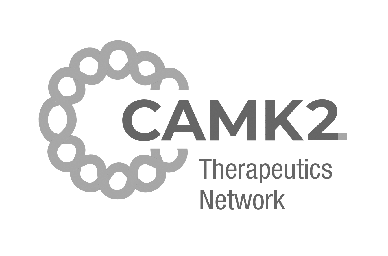
CAMK2-GENE RELATED DISEASES
CAMK2 Therapeutics Network
CAMK2 Therapeutics Network is a patient-led collaborative research network whose mission is to serve the community by educating families, physicians, and scientists about CAMK2-gene related disease; facilitating universal access to diagnosis, participation in research, and expert clinical care for all affected individuals; and building partnerships to fast-track innovative treatments and cures.
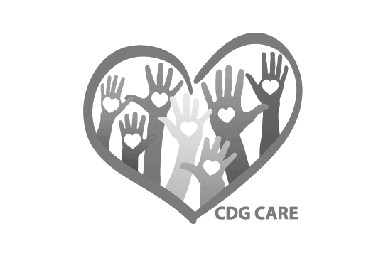
CONGENITAL DISORDERS OF GLYCOSYLATION
CDG CARE
CDG CARE’s mission is to increase awareness and understanding of Congenital Disorders of Glycosylation (CDG), to provide resources and support to families affected by CDG, and to advocate for and fund scientific research to advance the diagnosis and treatment of CDG.
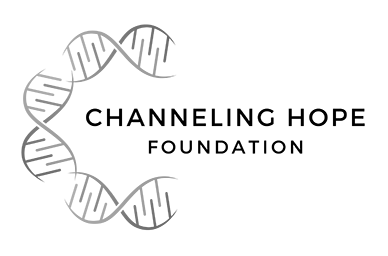
NALCN CHANNEL-RELATED DISORDERS
Channeling Hope Foundation
The Channeling Hope Foundation (CHF) is working to build a global community of families and researchers to collaborate to advance care and develop treatments for individuals affected by NALCN Channel-related disorders.

Lafora disease
Chelsea’s Hope Lafora Children Research Fund
Chelsea’s Hope Lafora Children Research Fund aims to fund research and improve the lives of those affected by Lafora disease.
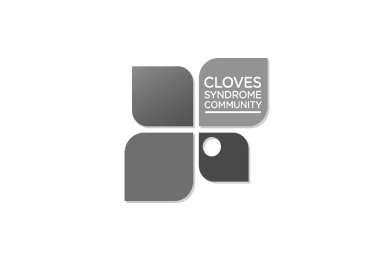
CLOVES Syndrome & PIK3CA Related Overgrowth Spectrum (PROS)
CLOVES Syndrome Community
CLOVES Syndrome Community supports, educates, empowers, and improves the lives of those affected by CLOVES syndrome.

Congenital Hyperinsulinism
Congenital Hyperinsulinism International
Congenital Hyperinsulinism International is a lifeline to those born with congenital hyperinsulinism and their families.
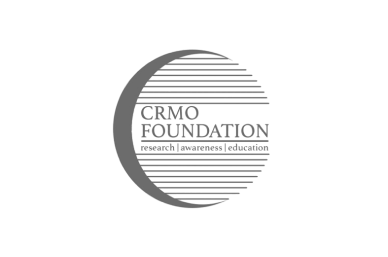
Chronic Recurrent Multifocal Osteomyelitis
CRMO Foundation
CRMO Foundation supports the health and well-being of patients and their families by furthering the efforts of life-changing research, increasing access to resources and education, and promoting awareness.

OKUR-CHUNG NEURODEVELOPMENTAL SYNDROME
CSNK2A1 Foundation
CSNK2A1 Foundation is focused on finding a cure for Okur-Chung Neurodevelopmental Syndrome and ensuring affected individuals have the opportunities and supports necessary for happy and full lives.

ADSS(L)1 MYOPATHY
Cure ADSSL1
Our mission is to support ADSS1 Myopathy patients worldwide and to build close-knit collaborations with researchers, clinicians, and patients to rapidly advance research and develop treatments for this rare inborn error of purine metabolism.
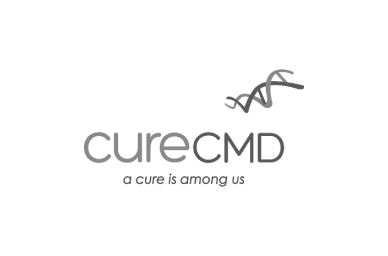
Congenital Muscular Dystrophy
Cure CMD
Cure CMD is a nonprofit organization dedicated to curing Congenital Muscular Dystrophy by advancing research and empowering families.
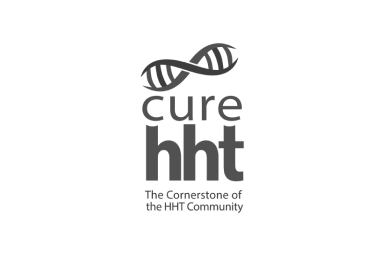
Hereditary Hemorrhagic Telangiectasia
Cure HHT
Cure HHT works to find a cure while saving the lives and improving the well-being of affected individuals and families.
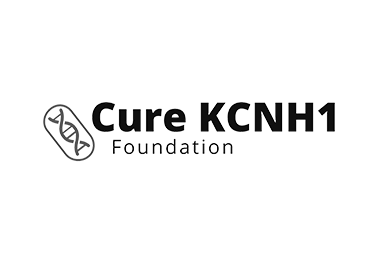
KCNH1-RELATED DISORDERS
Cure KCNH1 Foundation
The Cure KCNH1 Foundation seeks to urgently improve the lives of individuals and families affected by KCNH1-Related Disorders by accelerating research toward the development of effective treatments and a cure, building connections within the KCNH1 patient and professional community, raising awareness about KCNH1-related disorders, and advocating for the needs of families affected by rare diseases.
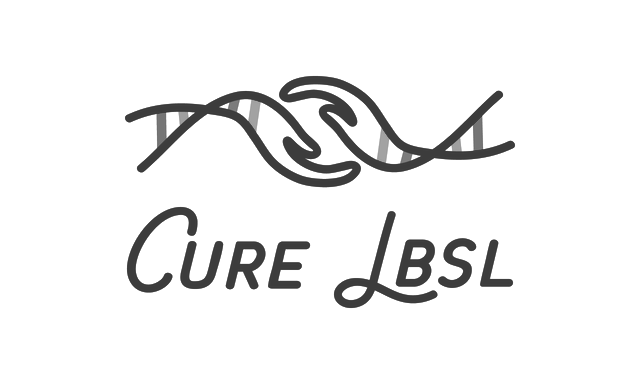
LBSL (Leukoencephalopathy with Brain Stem and Spinal Cord Involvement and Lactate Elevation)
Cure LBSL
Cure LBSL (formerly A Cure For Ellie) brings awareness, support, and hope to newly diagnosed families and individuals affected by rare disease LBSL.
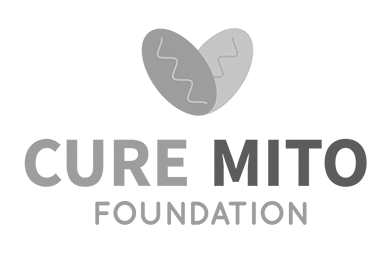
LEIGH SYNDROME
Cure Mito Foundation
Cure Mito Foundation is working to unite the global Leigh syndrome community to accelerate patient-centered research, treatments, and cures.
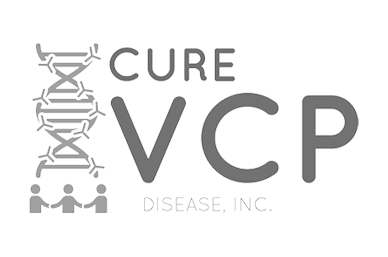
VCP disease
Cure VCP Disease
Cure VCP Disease aims to drive efforts to cure diseases related to mutations of the Valosin Containing Protein gene

ARS DISORDERS
CureARS
CureARS seeks to spread awareness, connect and provide support to affected families, and fund research for the ultra-rare Mitochondrial Aminoacyl-tRNA synthetase (mtARS) genes in order to pave the way to suitable treatment options and, ultimately, a cure.
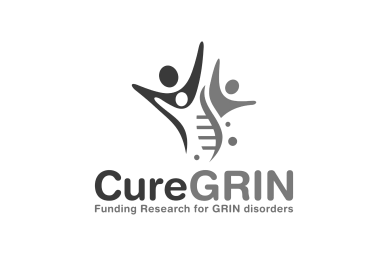
GRIN Disorders
CureGRIN Foundation
CureGRIN is a parent-led foundation committed to improving the lives of people living with GRIN disorders.
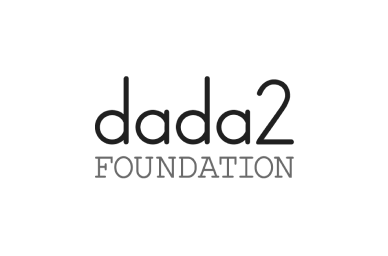
Deficiency of Adenosine Deaminase 2
DADA2 Foundation
DADA2 Foundation is a patient advocacy group supporting research for DADA2 and connecting families affected by the disease.
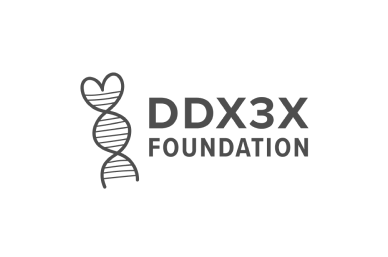
DDX3X Syndrome
DDX3X Foundation
The DDX3X Foundation works to raise awareness, connect families, and find a cure for those with DDX3X syndrome.

DRAVET SYNDROME
Dravet Syndrome UK
Dravet Syndrome UK is working to bring hope to families living with Dravet Syndrome through support, education and medical research.

SCN2A-related disorders
FamilieSCN2A Foundation
FamilieSCN2A Foundation is an organization created by parents of children diagnosed with rare forms of Epilepsy and Autism as a result of a change in the SCN2A gene. Their vision is to find effective treatments and a cure for SCN2A-related disorders.

Fibrolamellar Hepatocellular Carcinoma
Fibrolamellar Cancer Foundation
The Fibrolamellar Cancer Foundation’s mission is to find a cure and treatment options, raise awareness of this disease, and connect and support the fibrolamellar community of patients and their families.

INHERITED METABOLIC DISORDERS
flok Health
flok brings care and research together: our resources and tools empower the IMD community to improve their daily care as they create a first-of-its-kind dataset to enable groundbreaking scientific research.
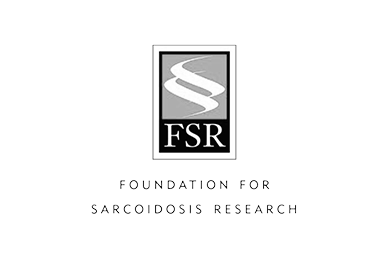
Sarcoidosis
Foundation for Sarcoidosis Research
Foundation for Sarcoidosis Research is the leading international nonprofit organization dedicated to accelerating sarcoidosis research and providing support and education to those living with the disease.
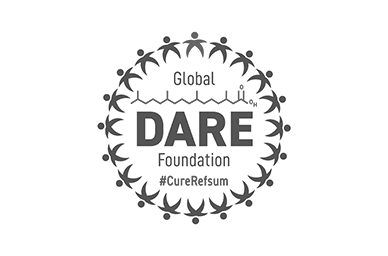
ADULT REFSUM DISEASE
Global DARE Foundation
Global DARE Foundation's mission is to promote world-wide awareness and better quality of life for all who are diagnosed with Adult Refsum Disease by supporting research, education initiatives, awareness campaigns, and advocacy.

Glut1 Deficiency
Glut1 Deficiency Foundation
Glut1 Deficiency Foundation brings help and hope for the Glut1 Deficiency community.

GORLIN SYNDROME
Gorlin Syndrome Alliance
The mission of the Gorlin Syndrome Alliance is to thoughtfully support, comprehensively educate, and aggressively seek the best treatments and a cure for those affected by Gorlin syndrome.

Hermansky-Pudlak Syndrome
Hermansky-Pudlak Syndrome Network
The Hermansky-Pudlak Syndrome Network is an advocacy organization for individuals and families affected by Hermansky-Pudlak syndrome.

HETEROTAXY SYNDROME
Heterotaxy Connection
Heterotaxy Connection is working to create a world where individuals and families affected by Heterotaxy syndrome find the support, education, and empowerment they need to live their best lives.
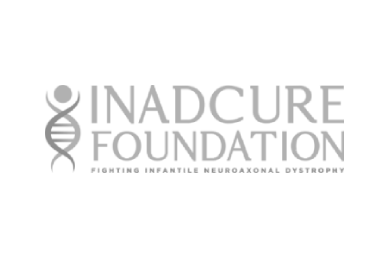
Infantile Neuroaxonal Dystrophy
INADcure Foundation
INADcure Foundation’s mission is to fund research that will lead to treatments and a cure for diseases caused by the impaired PLA2G6 gene.
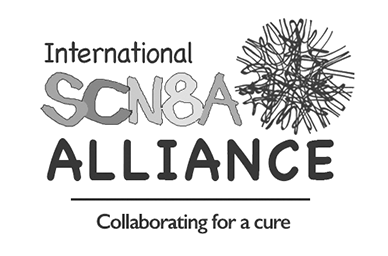
SCN8A
International SCN8A Alliance
The International SCN8A Alliance works to accelerate advancement of therapeutics for SCN8A by fostering robust and ongoing collaboration between families, basic researchers, clinicians, organizations and industry.
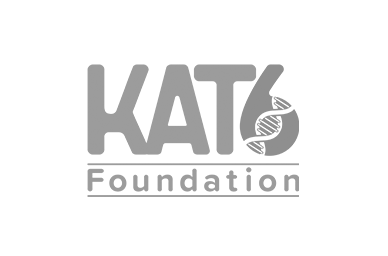
KAT6 Syndrome
KAT6 Foundation
The KAT6 Foundation supports the international KAT6 syndrome community.
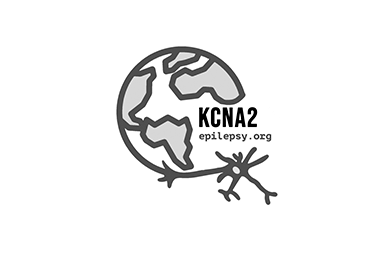
KCNA2
KCNA2 Epilepsy, Inc.
KCNA2 Epilepsy, Inc. seeks to promote education and awareness for KCNA2, a rare form of epilepsy, so patient-focused research and effective treatments become available.

KCNQ2-RELATED DISORDERS
KCNQ2 Cure Alliance
The mission of the KCNQ2 Cure Alliance is to empower through education, nurture meaningful connections, and drive innovative research to develop treatments or find a cure for individuals affected by KCNQ2-related disorders.

KCNT1-RELATED EPILEPSY
KCNT1 Epilepsy Foundation
The KCNT1 Epilepsy Foundation was established to accelerate research and drug development efforts to improve and save the lives of children affected by KCNT1-related epilepsy.
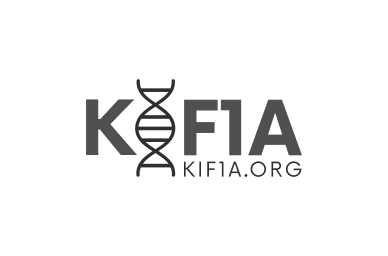
KIF1A Associated Neurological Disorder
KIF1A.ORG
KIF1A.ORG is a global community dedicated to improving the lives of those affected by KIF1A Associated Neurological Disorder and accelerating research to find a cure.

Lennox-Gastaut Syndrome
Lennox-Gastaut Syndrome Foundation
The Lennox-Gastaut Syndrome Foundation's mission is to improve the lives of individuals affected by LGS through research, family support programs, and education.
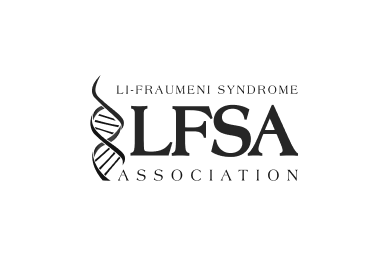
Li-Fraumeni Syndrome
Li-Fraumeni Syndrome Association
LFS Association provides a wide range of information, advocacy, and support services for individuals and families with Li-Fraumeni Syndrome.

NEUROMETABOLIC DISORDERS
Lil’ Brave One (Hrabriša)
Lil’ Brave One (in Serbian, Hrabriša) is a parent-led organization dedicated to raising awareness and improving the early diagnosis and treatment of rare congenital neurotransmitter disorders (RNDs). We aim to ensure access to evidence-based care while providing psychosocial support for patients and families. We also foster and support global research to advance understanding and treatment of RNDs.
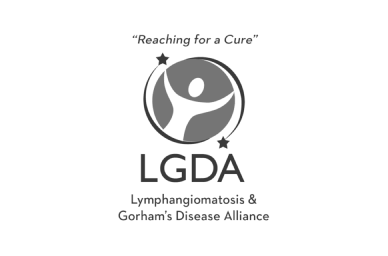
Lymphangiomatosis & Gorham's Disease
Lymphangiomatosis & Gorham's Disease Alliance
Lymphangiomatosis & Gorham's Disease Alliance serves a worldwide community of patients, many of whom are young children, and their families.
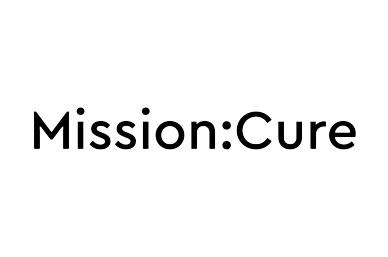
Pancreatitis
Mission: Cure
Mission: Cure is a patient-led coalition of doctors, researchers, patients, and entrepreneurs pioneering a new approach to curing diseases, starting with pancreatitis.

Necrotizing Enterocolitis
NEC Society
The NEC Society is a collaborative organization dedicated to building a world without necrotizing enterocolitis.
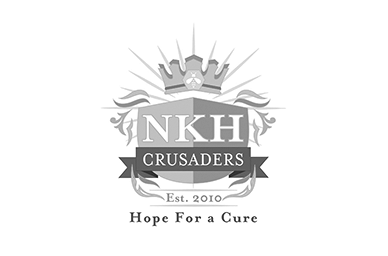
NON-KETOTIC HYPERGLYCINEMIA
NKH Crusaders
NKH Crusaders was formed in 2010 with a mission to benefit all families diagnosed with NKH. We focus on caregiver support with an emphasis on newly diagnosed patients, advocacy, awareness, and raising the needed funds for vital research.
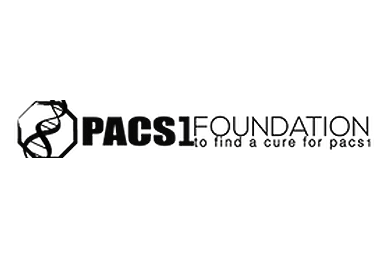
PACS1 Syndrome
PACS1 Syndrome Research Foundation
The PACS1 Syndrome Research Foundation supports research towards finding a cure for PACS1 Syndrome, a neuro-genetic disorder that causes significant intellectual disability, gross- and fine-motor delays, epilepsy, autism and severe speech delays.
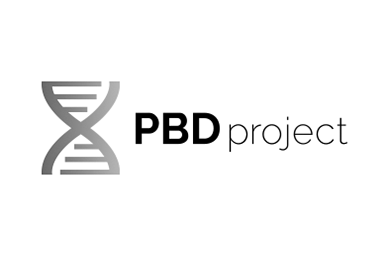
PEROXISOME BIOGENESIS DISORDERS
PBD Project
PBD Project’s mission is to improve the quality of life for patients with Peroxisome Biogenesis Disorders through the research and development of treatments, therapies, and support systems.
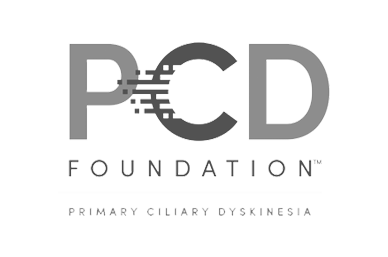
Primary ciliary dyskinesia (PCD)
PCD Foundation
PCD Foundation is on a mission to improve the quality of life of those affected by PCD and to develop the means to find a cure.
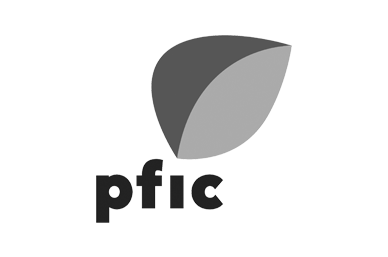
Progressive Familial Intrahepatic Cholestasis (PFIC)
Progressive Familial Intrahepatic Cholestasis Advocacy and Resource Network
PFIC Advocacy and Resource Network aims to improve the lives of patients and families worldwide affected by PFIC.
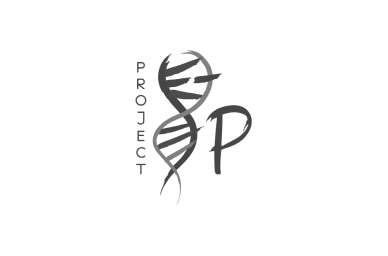
Chromosome 8p Disorders
Project 8p
Project 8p is driven by a simple question: What can we do for our child, family member, friend, or patient impacted by this diagnosis?
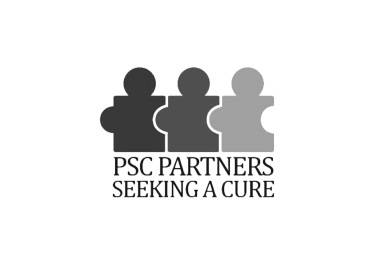
Primary Sclerosing Cholangitis
PSC Partners Seeking a Cure
PSC Partners Seeking a Cure provides education and support to primary sclerosing cholangitis patients, families, and caregivers and raises funds to research causes, treatments and cures.
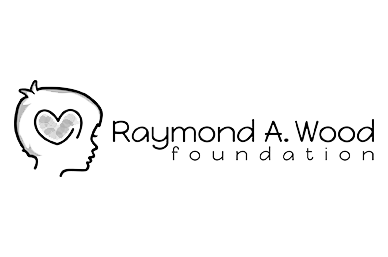
Craniopharyngioma
Raymond A. Wood Foundation
The Raymond A. Wood Foundation advocates on behalf of hypothalamic-pituitary brain tumor patients, survivors and caregivers.
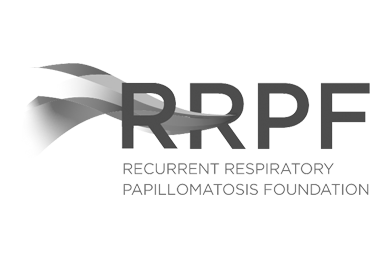
Recurrent Respiratory Papillomatosis (RRP)
Recurrent Respiratory Papillomatosis Foundation
The Recurrent Respiratory Papillomatosis Foundation helps educate and improve the lives of those affected by Recurrent Respiratory Papillomatosis.

SALLA DISEASE
Salla Treatment and Research Foundation Inc
The Salla Treatment and Research Foundation’s mission is to improve the health and quality of life of patients with free sialic acid storage disorders (FSASD) by developing treatment options and ultimately a cure.
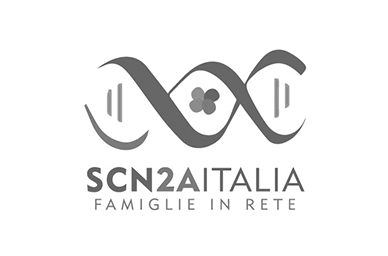
SCN2A-RELATED DISORDERS
SCN2A ITALIA Famiglie in Rete APS
in partnership with APS SCN2A Germany e.v.SCN2A ITALIA Famiglie in Rete is working to propel research, nurture community, and advocate for those impacted by SCN2A-related disorders, acting as a key resource for Italian/European families navigating SCN2A diagnoses, promoting specialized scientific research, raising social awareness, and cultivating collaborations with entities sharing our mission.
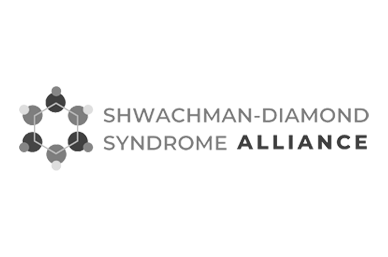
Shwachman-Diamond Syndrome (SDS)
Shwachman-Diamond Syndrome Alliance
Shwachman-Diamond Syndrome Alliance is dedicated to building a world where Shwachman-Diamond Syndrome (SDS) is curable through driving research and engaging in advocacy and education.
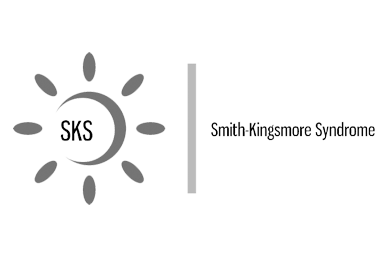
Smith-Kingsmore Syndrome
Smith-Kingsmore Syndrome Foundation
The mission of the Smith-Kingsmore Syndrome Foundation is to improve the quality of life for children and families impacted by SKS by supporting cutting-edge research and collaboration among medical professionals, and strengthening community through worldwide awareness.
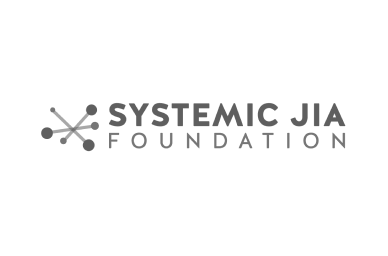
Systemic Juvenile Idiopathic Arthritis
Systemic JIA Foundation
Systemic JIA Foundation’s mission is to find a cure for Systemic Juvenile Idiopathic Arthritis, a sometimes lethal childhood disease.
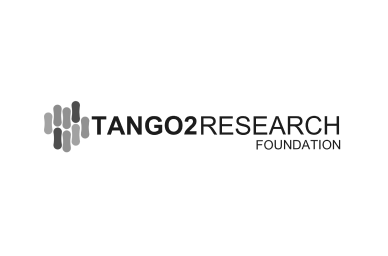
TANGO2
TANGO2 Research Foundation
The TANGO2 Research Foundation’s mission is to improve the lives of children and young adults affected by the TANGO2 disease by helping to fund, coordinate, and guide scientific research.

Tatton Brown Rahman Syndrome (TBRS)
Tatton Brown Rahman Syndrome Community
The Tatton Brown Rahman Syndrome Community aims to support all families affected by TBRS and advance research toward interventions.

Dyskeratosis congenita/telomere biology disorders
Team Telomere
Team Telomere supports those in the dyskeratosis congenita/telomere biology disorder community.
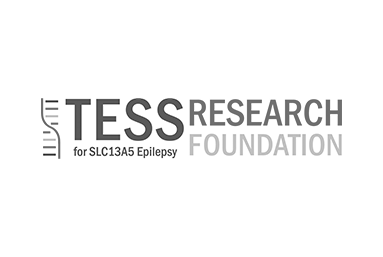
Citrate Transporter Disorder
TESS Research Foundation
TESS Research Foundation funds research in search of a treatment or cure for citrate transporter disorder, a genetic neurological disorder associated with the gene SLC13A5.
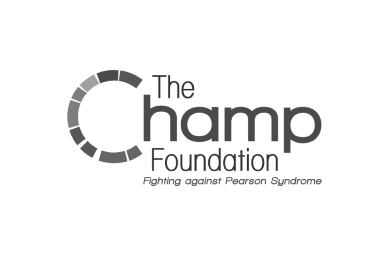
Pearson Syndrome
The Champ Foundation
The Champ Foundation supports research toward better treatment and a cure for Pearson Syndrome.

Epithelioid Hemangioendothelioma
The EHE Foundation
The EHE Foundation’s goal is to connect its community to the latest research, treatment models, and events surrounding epithelioid hemangioendothelioma.

NARS1 DISORDER
The Rory Belle Foundation
The Rory Belle Foundation champions opportunities and changes outcomes for everyone affected by NARS1 Disease, every single day.
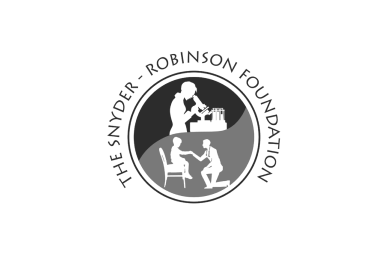
Snyder-Robinson Syndrome
The Snyder-Robinson Foundation
The Snyder-Robinson Foundation is dedicated to furthering knowledge about Snyder-Robinson Syndrome through acquiring and sharing information with families, medical professionals, and researchers.
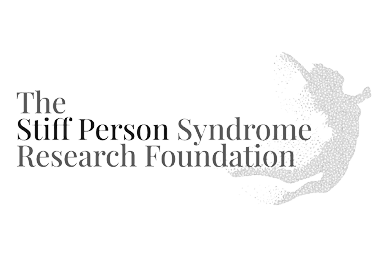
Stiff Person Syndrome
The Stiff Person Syndrome Research Foundation
The Stiff Person Syndrome Research Foundation is helping those affected by Stiff Person Syndrome by raising awareness and funds to find better treatments and a cure.
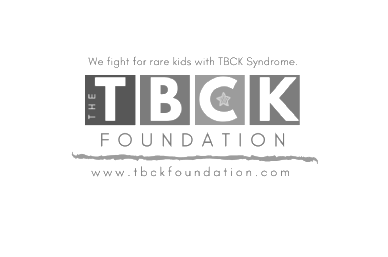
TBCK Syndrome
The TBCK Foundation
The TBCK Foundation works on behalf of the families impacted by TBCK Syndrome, which currently has around 90 known cases worldwide. It is a neuro-genetic disease causing epilepsy, intellectual and developmental disability, among other symptoms.
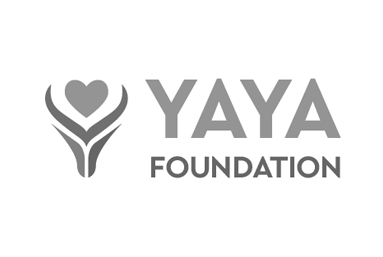
4H Leukodystrophy
The Yaya Foundation for 4H Leukodystrophy
The Yaya Foundation for 4H Leukodystrophy fights for children with 4H Leukodystrophy by building an ecosystem of patients, families, researchers, clinicians, scientific experts, and supporters.
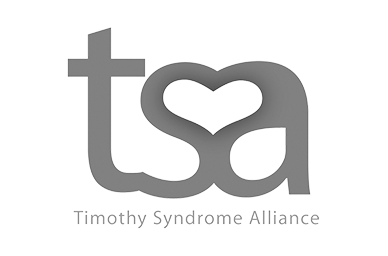
CACNA1C-RELATED DISORDERS
Timothy Syndrome Alliance (TSA)
The Timothy Syndrome Alliance focuses on improving diagnosis rates, treatment, and support for individuals with CACNA1C-related disorders including Timothy Syndrome and LongQT8, while also aiding their families and caregivers.
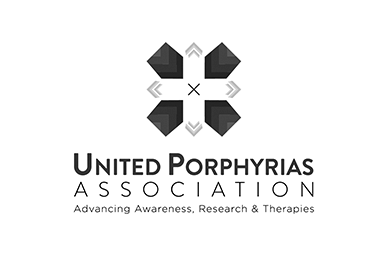
PORPHYRIA
United Porphyrias Association
The United Porphyrias Association (UPA) is committed to improving the quality of life of the porphyria patient community and is relentlessly focused on advancing disease awareness, research, and therapies in all porphyrias.

Usher Syndrome Type 1F
Usher 1F Collaborative
Usher 1F Collaborative funds medical research to find an effective treatment to save or restore the vision of those with Usher Syndrome type 1F.
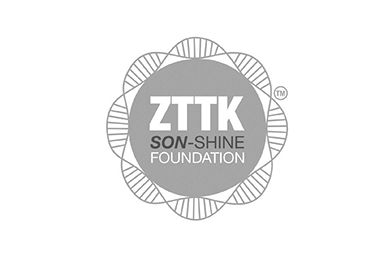
ZTTK SYNDROME
ZTTK SON-Shine Foundation
The ZTTK SON-Shine Foundation is committed to improving the lives of individuals with ZTTK by accelerating research to develop accessible and effective treatments and, ultimately, a cure. We focus on funding cutting-edge science, building strong support systems for the global ZTTK community, and raising awareness about ZTTK syndrome.
Sorry, there are currently no results that match those criteria. Please try selecting fewer filters or clearing all search terms.
“By breaking down silos and encouraging parents, researchers and industry to collaborate, there is no stopping us.”

“Rare diseases have no better advocates than patients and caregivers.”
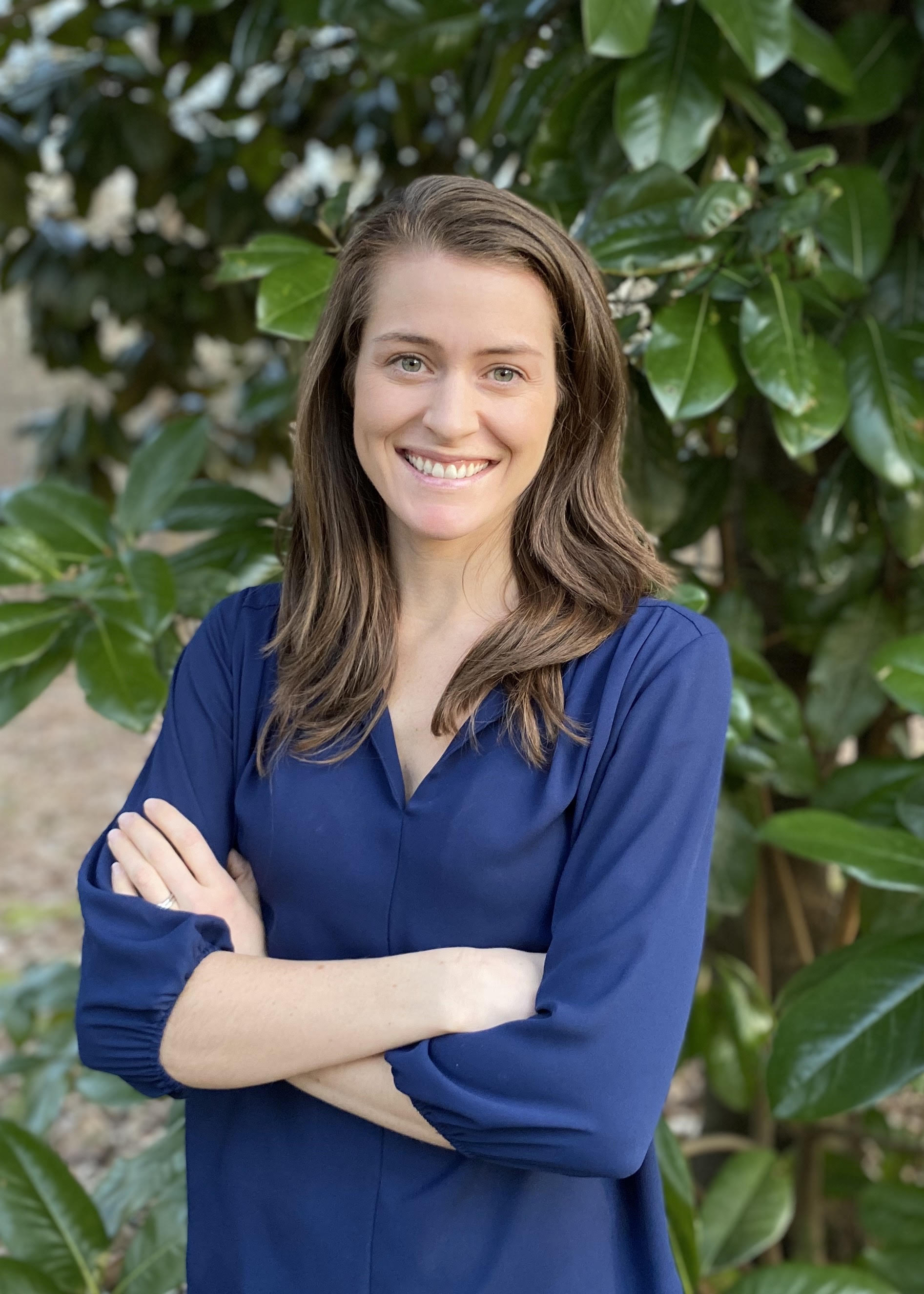
“Science is always evolving, and that gives me hope.”
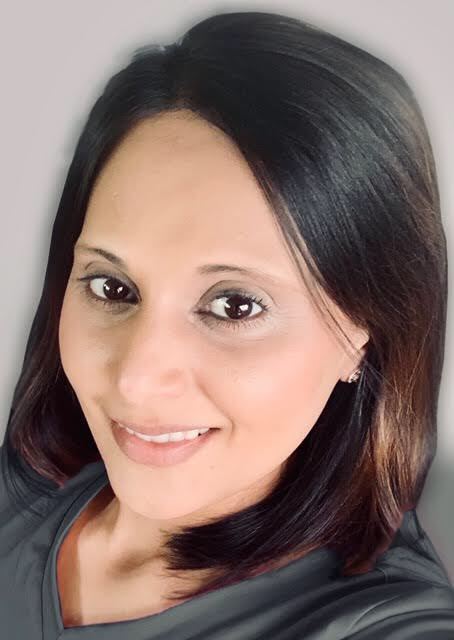
We use cookies to help us improve the site and to inform our marketing and digital content efforts. If you choose ‘Don’t Enable,’ sites you’re logged into – like Facebook and Twitter – may still be able to identify you as a visitor to this site. Learn more.



